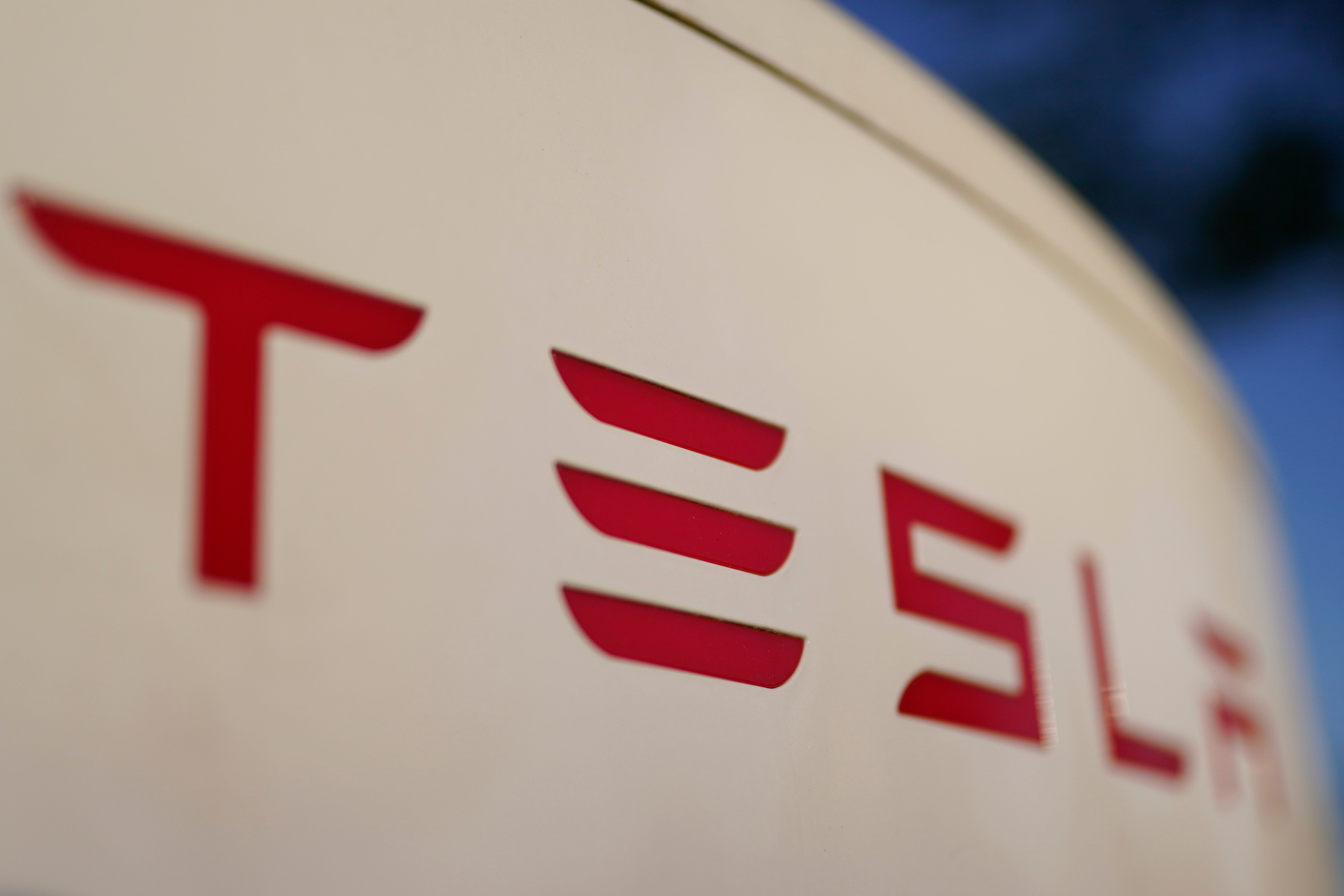Tesla faces another US investigation: unexpected braking
U.S. auto safety regulators have launched another investigation of Tesla, this time tied to complaints that its cars can stop on roads for no apparent reason

Your support helps us to tell the story
From reproductive rights to climate change to Big Tech, The Independent is on the ground when the story is developing. Whether it's investigating the financials of Elon Musk's pro-Trump PAC or producing our latest documentary, 'The A Word', which shines a light on the American women fighting for reproductive rights, we know how important it is to parse out the facts from the messaging.
At such a critical moment in US history, we need reporters on the ground. Your donation allows us to keep sending journalists to speak to both sides of the story.
The Independent is trusted by Americans across the entire political spectrum. And unlike many other quality news outlets, we choose not to lock Americans out of our reporting and analysis with paywalls. We believe quality journalism should be available to everyone, paid for by those who can afford it.
Your support makes all the difference.U.S. auto safety regulators have launched another investigation of Tesla, this time tied to complaints that its cars can stop on roads for no apparent reason.
The government says it has 354 complaints from owners during the past nine months about “phantom braking" in Tesla Models 3 and Y. The probe covers an estimated 416,000 vehicles from the 2021 and 2022 model years.
No crashes or injuries were reported.
The vehicles are equipped with partially automated driver-assist features such as adaptive cruise control and “Autopilot,” which allows them to automatically brake and steer within their lanes.
Documents posted Thursday by the National Highway Traffic Safety Administration say the vehicles can unexpectedly brake at highway speeds.
“Complainants report that the rapid deceleration can occur without warning, and often repeatedly during a single drive cycle,” the agency says.
Many owners in the complaints say they feared a rear-end crash on a freeway.
The probe is another in a string of enforcement efforts by the agency that include Autopilot and “Full Self-Driving” software. Despite their names, neither feature can drive the vehicles without people supervising.
A message was left early Thursday seeking comment from Tesla.
It’s the fourth formal investigation of Texas automaker in the past three years, and NHTSA is supervising 15 Tesla recalls since January of 2021. In addition, the agency has sent investigators to at least 33 crashes involving Teslas using driver-assist systems since 2016 in which 11 people were killed.
Just last week, the agency made Tesla recall nearly 579,000 vehicles in the U.S. because a “Boombox” function can play sounds over an external speaker and obscure audible warnings for pedestrians of an approaching vehicle. Tesla CEO Elon Musk, when asked on Twitter why the company agreed to the recall, responded: “The fun police made us do it (sigh).”
Other recent recalls by Tesla were for “Full Self-Driving” equipped vehicles that were programmed to run stop signs at slow speeds, heating systems that don’t clear windshields quickly enough, seat belt chimes that don’t sound to warn drivers who aren’t buckled up, and to fix a feature that allows movies to play on touch screens while cars are being driven. Those issues were to be fixed with online software updates.
In August, NHTSA announced a probe of Teslas on Autopilot failing to stop for emergency vehicles parked on roadways. That investigation covers a dozen crashes that killed one person and injured 17 others.
Thursday’s investigation comes after Tesla recalled nearly 12,000 vehicles back in October for a similar phantom braking problem. The company sent out an online software update to fix a glitch with its more sophisticated “Full Self-Driving” software.
Tesla did a software update in late September that was intended to improve detection of emergency vehicle lights in low-light conditions.
Selected Tesla drivers have been beta testing the “Full Self-Driving” software on public roads. NHTSA also has asked the company for information about the testing, including a Tesla requirement that testers not disclose information.